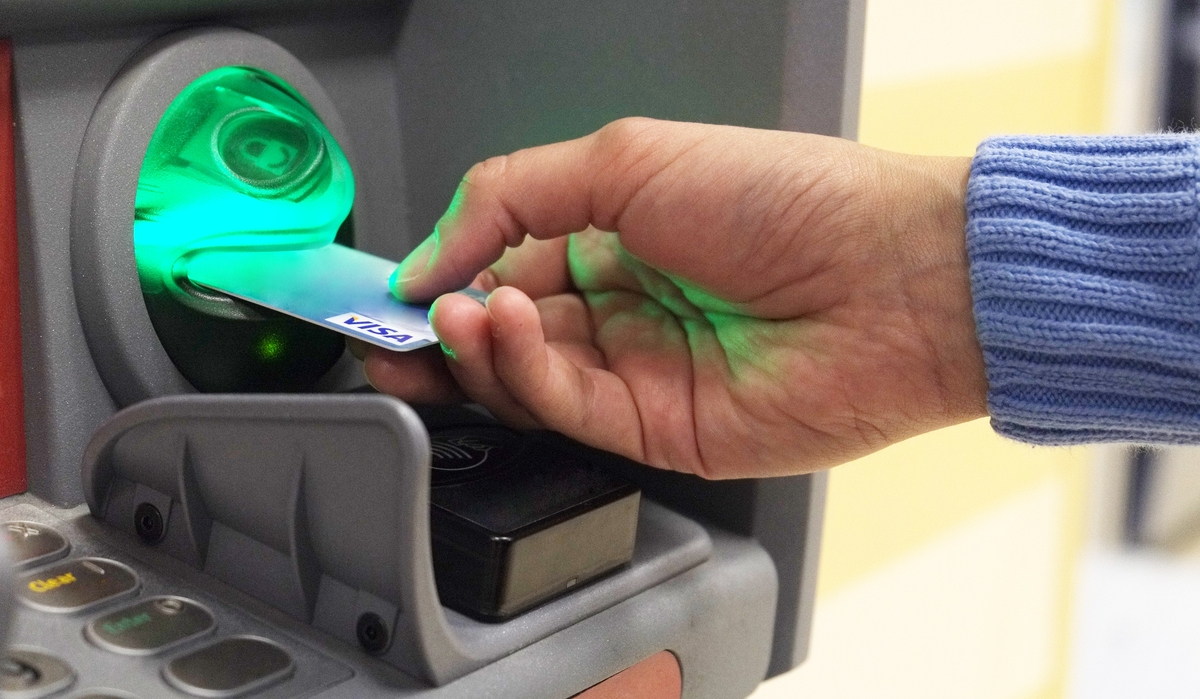What is financial monitoring and who falls under it.


Dealing with finances is not always easy. However, in most cases, it can be quite simple to fix: there are many modern tools available.
First of all, it is worth understanding what financial monitoring is and how it can be useful. It's not enough to know what it is; you also need to understand, at least in simple terms, how it works and how to use it to your advantage.
What is financial monitoring?

The concept of financial monitoring encompasses a wide range of services. First and foremost, financial monitoring is the process of observing and controlling financial operations, which is carried out to prevent and detect illegal activities, such as money laundering, terrorism financing, and other financial crimes. In other words, financial monitoring serves as a kind of prevention against many future problems. It helps to avoid serious troubles.
All measures that are applied have a common goal. They should ensure so-called financial transparency, protect the economy, and maintain stability in the financial sector.

It is important to state right away that such monitoring can vary in scale (the answer to the question of who is subject to financial monitoring). This can involve government authorities as well as private companies. Often, this service is required by insurance companies and investment funds.

In summary, financial monitoring allows for the immediate detection of suspicious transactions and ensures compliance with international and national standards in the fight against money laundering and terrorism financing.
Who needs monitoring and why?
Financial monitoring performs several key functions. Here’s what it’s about:
-
The primary goal of financial monitoring is to prevent the financial system from being used to commit crimes. Mainly, this refers to money laundering and terrorism financing.
-
Financial monitoring contributes to increased transparency in financial transactions, which is important for maintaining trust in financial institutions.
-
Financial monitoring helps protect the country's economy from the negative impact of financial crimes.
In general, any organization must comply with legal requirements. Financial institutions are required to adhere to the financial monitoring requirements established by national and international authorities. This is a mandatory condition for them.

If we talk about who needs monitoring, we should immediately mention individuals. These are individuals performing large financial transactions, such as transferring money abroad or making significant purchases. Undoubtedly, ordinary citizens with average incomes should not worry about this.
Financial monitoring can also be carried out for political figures. This is part of the fight against corruption. The same rule applies to individuals involved in dubious financial transactions or organizations related to them.
Financial monitoring also concerns legal entities. These are companies conducting high-risk operations, such as securities transactions, large transfers, and purchases. It also includes financial institutions that must check their operations for compliance with regulatory requirements. Financial monitoring pertains to companies engaged in high-risk activities, such as casinos and cryptocurrency exchanges.

Financial monitoring may begin precisely with financial transactions. These are transactions involving large amounts of money, especially if they are conducted between countries.
Read also
- Finland Launches Large-Scale Trade Project with Ukraine
- Ukrainian Armed Forces hit a huge ammunition depot of the occupiers in Khartsyzk, it detonates: video
- Post-war Reconstruction: What the Government of Ukraine and the World Bank Are Planning
- Ukrainians are being sold counterfeit dollars and euros: which denominations are most often counterfeited
- Republican Congress members demanded Trump explain the suspension of arms supplies to Ukraine
- Mass Arrests of Ukrainians in Poland: What Happened










